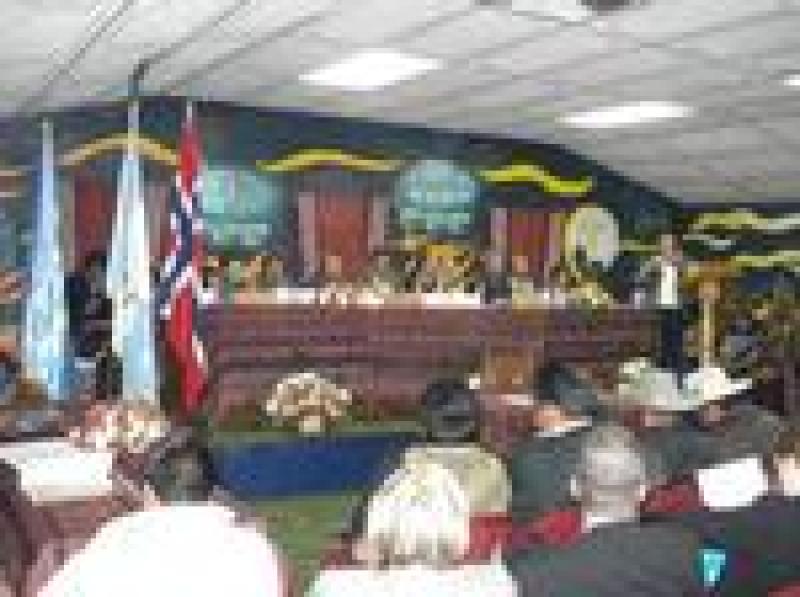

The MDTF Office administers eleven country-level Joint Programmes (JPs), where UNDP is appointed as the Administrative Agent for pass-through funding. These JPs involve two or more Participating UN Organizations and national partners that collaborate in the delivery of activities contained
The MDTF Office administers eleven country-level Joint Programmes (JPs), where UNDP is appointed as the Administrative Agent for pass-through funding. These JPs involve two or more Participating UN Organizations and national partners that collaborate in the delivery of activities contained in a common work plan and budget.
The Maya Programme was established in January 2009 with the objective of strengthening individual and collective rights of the Maya people in Guatemala. This JP, supported by the Government of Norway (US$8.6 million) and implemented jointly by UNICEF, Office of the High Commissioner for Human Rights (OHCHR) and UNDP, is the first UN common initiative in Guatemala to address the critical situation of indigenous people in the areas of justice, education and political participation.
Guatemala is a multicultural country with 25 different linguistic communities, 22 of which are Mayan. Despite representing almost half of the country's total population, the Mayans have been previously excluded from the social, economic and political development of the country. According to the 2005 UNDP Human Development Report (HDR), indigenous people had a 14-points-lower human development index than non-indigenous people, suffering consistent exclusion, marginalization and discrimination. Twenty-seven percent of Maya people live in extreme poverty. Despite the Government's recent recognition of national and international normative framework, which acknowledges the individual and collective rights of indigenous peoples, the gap between current legislation and its effective implementation remains significant.
Recently the Maya JP Steering Committee selected 13 members for the JP Advisory Board: 11 are indigenous and 2 are non-indigenous but recognized for their contribution and expertise in the areas of intervention. During the Board's inauguration on July 1 in Nebaj (northeastern Guatemala), Nobel Peace Prize Laureate and Advisory Board member Rigoberta Menchu stated that "Today we take position and we will accompany the Maya Programme with our orientation on how to implement the development funds that are destined to indigenous peoples."
During the next four years, the UN in Guatemala will work to strengthen indigenous right holders as well as duty bearers to fully exercise and respect individual and collective rights.
----------------------------------------
By Cristina Moreno and Christina Elich, Programme Officers, UNDP Guatemala
Photo: Maya Programme being presented to the Government and civil society at the Mayan Municipality in Sololá, Guatemala